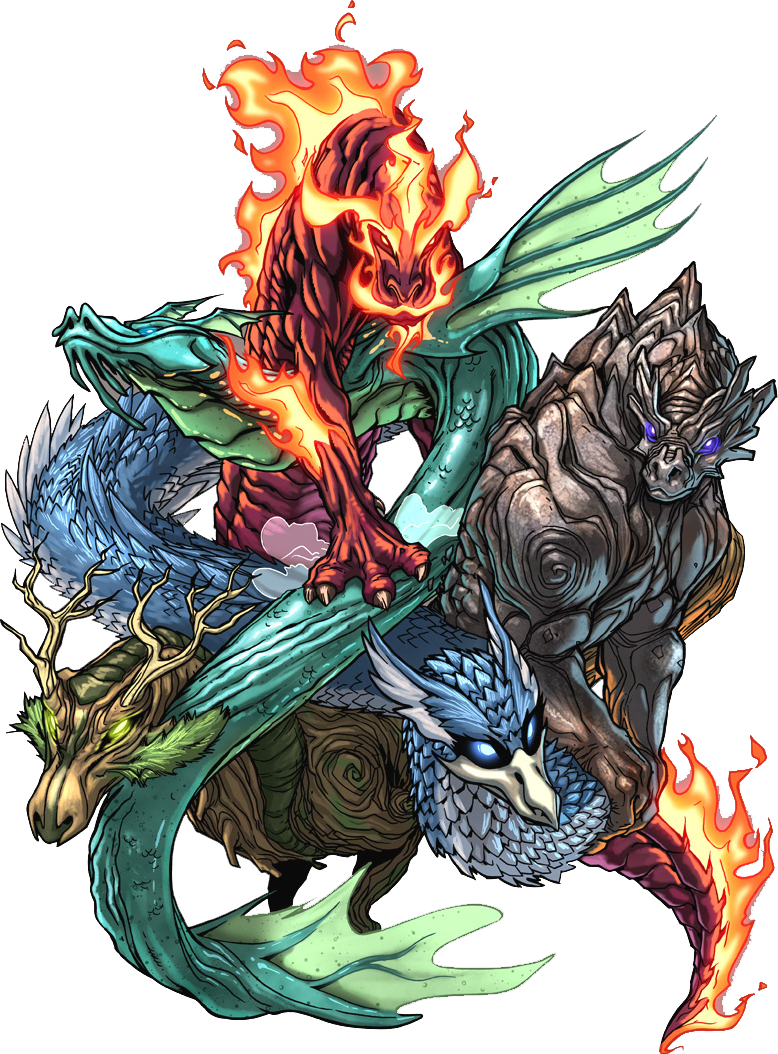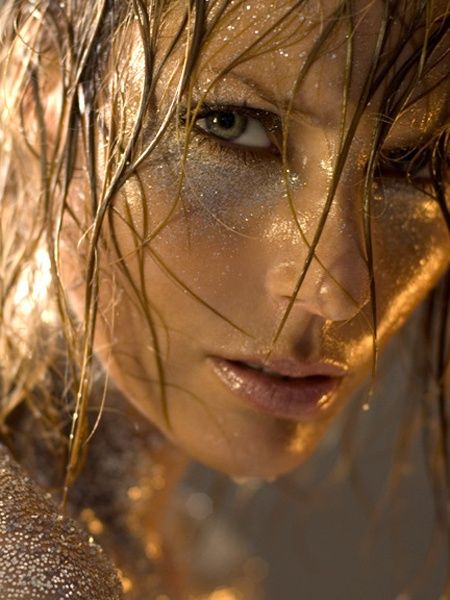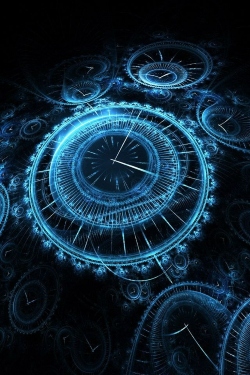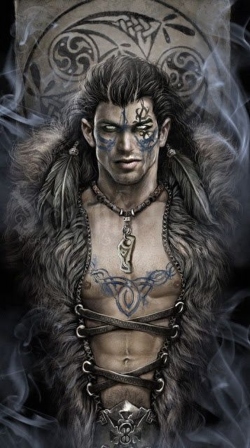The Story Never Ends...only the players change

The Fae have waged their share of war against those they perceive to be enemies or enemies of their goddess. The Fae as a whole have a history of violence with angels and demons and have fought against the Elder Gods that were spat out by the Eternal Void. But, their beginnings can be traced to the country now known as Ireland, and it is there that Fae history, as recorded by the Fae, begins.
The Fae break down time a little differently than humans do. The very beginning of their history is referred to as the "Age of Beauty" in which are the greatest heroes of the Fae remembered. Clever tricksters and profound mystics alike were born into this age and there are few fae still alive that remember this time. It was during the Age of Beauty that the Fae and the Angels had their first wars, pitting the agents of the Father, glowing with holy light, against the agents of the Mother, endowed with the splendor of summer and the cruel caress of winter.
The Age of Beauty preceded the Fall, and the creation of the Demons. It was the creation of the demons by Lucifer that opened the next age, the Age of a Thousand Sorrows. The demons joined the fray against the Fae, against the Angels, and the Fae often found themselves on the losing end of the conflict. Unlike the angels, they had not been created in nigh-uncountable numbers, and unlike the demons, they needed to sire, bear, and raise their own children in order to have more warriors and soldiers. After the demons created vampires, the wars began to go poorly against the Fae and it began to look like the Faerie Host would be destroyed. Songs spun by Talespinners recount the grim deeds of this age and capture the plight of a thousand heroes who gave everything including their lives in defense of the Fae host.
The curtain of the Age of a Thousand Sorrows came down when a clever Sidhe named Delaney Kane discovered a means of creating their own servitors, creatures that became the Lycanthropes. This new age, poets remember as the Age of Retribution and Retreat. This third age saw the Fae take a firm stand against their enemies, aided by their lycanthrope servants. For a time it seemed that the Fae would retake their lost ground, but the angels abandoned the battlefield and returned to their Heaven. No living Fae knows why the angels left, and the angriest of the Fae determined that the angels had abandoned their Fae cousins deliberately. Unchecked, the demons multiplied freely and created more and more vampires. Finally, the demons were able to arm their vampire servants with cold iron, and the Fae fled in terror, abandoning their shape-changing servants in order to flee deep into the Otherworld.

The Fourth Age, the Age of Exile, began when the Fae left the mortal world behind, fleeing deep into the Otherworld and there established their prominence and preeminence over the other denizens of that world. They have been there, save for a few rogues or powerful Sidhe who kept an eye on the human world, ever since, building their power, and their numbers up for the day they would return to the world.
Now comes the Fifth Age, the Age of Return, where the Fae host returns to the world they had abandoned. In obedience to their Mother Goddess's commands, the Fae are returning to the world to fight to save what can be saved and to prepare the world for the Sixth Age.
The Sixth Age is a time of conflict, of strife, and of destruction. Ancient Seers have long predicted that the Sixth Age will see the destruction of much of the world, that even the mother Goddess herself may be slain in the Fae are not careful or if they fail in their tasks. In the Sixth age, Brother shall turn against Brother, Son against Father, Daughter against Mother, kin against kin, people against people, and nation against nation. The Fae hope to endure the Sixth Age, saving what they can and fighting to preserve the spirit and flesh of their Goddess.
The Seventh Age, is a prophesied time of renewal, when the ashes of the Fifth Age yield new growth. Earth will be restored to her pristine state, mankind will be gone or tamed properly, and the Fae shall inherit this world for their service to the Goddess.
Perceptions of Others
- Angels - Many of the Sidhe, and some of the lesser Fae, are old enough to remember the angels on a first name basis and thus recall all too clearly the wars that the angels and the Fae waged on one another, each trying to appease their Divine Parent. The Fae as a whole regard the angels as the flunkies and errand boys of a spiteful Father who broke their Mother's heart and act accordingly.
- Demons - After the Fall and the creation of the demons by Lucifer, the Sidhe were forced to wage war against the demons nearly as often as they did against the angels. Most of the Fae regard demonkind with 90% loathing and hatred and 10% pity.
- Pagan Gods - The Fae are rather ambivalent about the pagan deities, but enough of the older Fae remember that these titans are single-minded about their own faiths and worship and care for little else other than their own petty agendas. Some pagan deities are closely aligned with the interests of the Fae and Danu and are treated as spiritual siblings.
- Lycanthropes - It is a little known secret that in the early days of battle against angels and demons, the Fae thought of a way to create foot soldiers that could stand up to the more numerous angels and demons, and they created the first lycanthropes to serve as their foot soldiers.
- Vampires - The Fae regard vampires as little more than leeches or parasites, creatures of little regard that should be destroyed if they prove troublesome and ignored otherwise. After demons created vampires to serve as their minions, the Fae and their lycanthrope servants found themselves fighting against vampires more often than demons, a fact which continues to irritate older Fae.
- Ghosts - The Fae have little experience with the Restless Dead, and thus as a whole do not have much of an opinion on them. Some Fae will likely be well disposed to them, and others will likely view ghosts with a mixture of scorn and irritation since they apparently cannot even die right!
- Magicians - The Fae hold that magic was their gift to humanity, and so will tend to regard human magicians as either inheritors of a proud Fae legacy, or as the unworthy usurpers of a power beyond human understanding.
- Psychics - The Fae have little to no experience with psychic powers and will tend to be suspicious of psychics, especially those that can astral project who might be used as spies or worse against the Fae.
- Necromancers - The powers of death are mostly unknown to the Fae, being mutually opposed to the primal vitality that the Fae represent and embody, but most Fae will likely bear a somewhat unhealthy fascination for necromancers and their dark arts while others will dismiss necromancers until they prove themselves an enemy or an ally.

